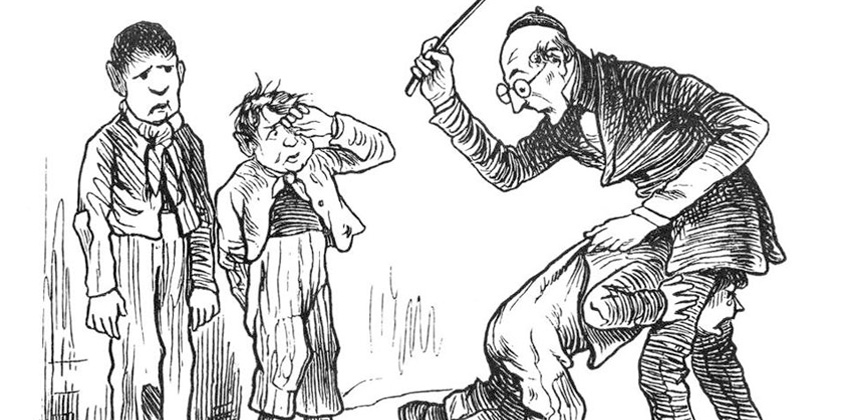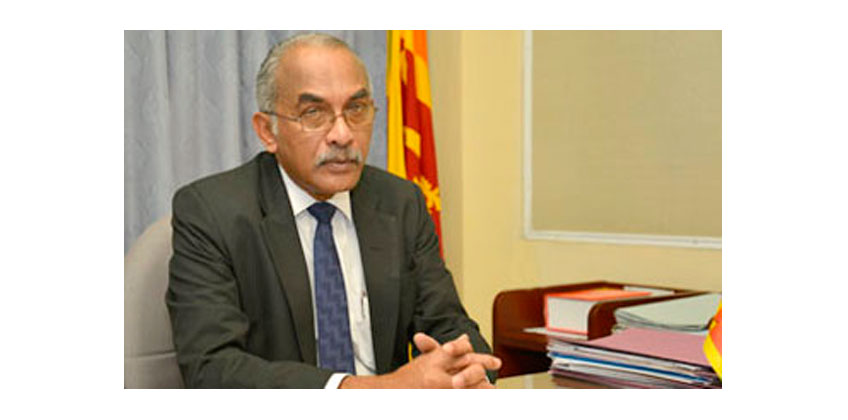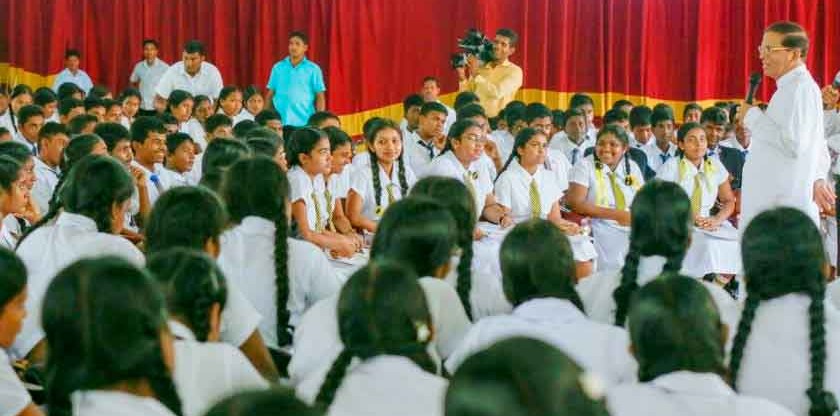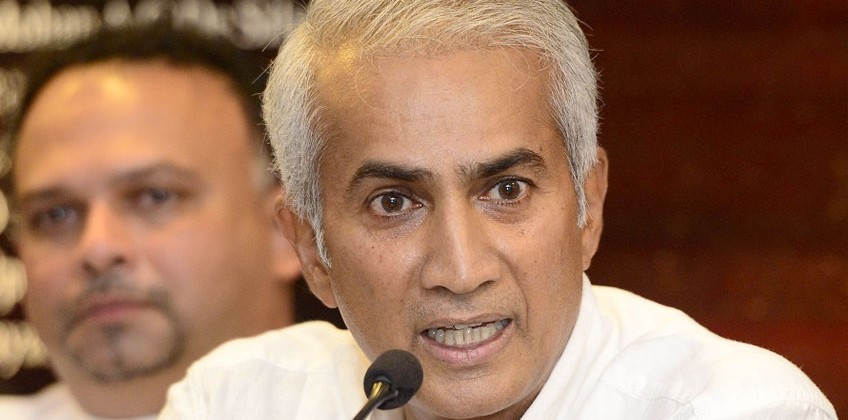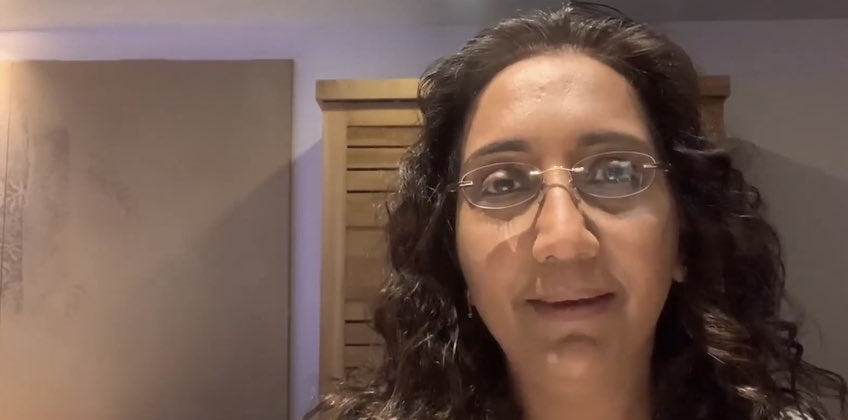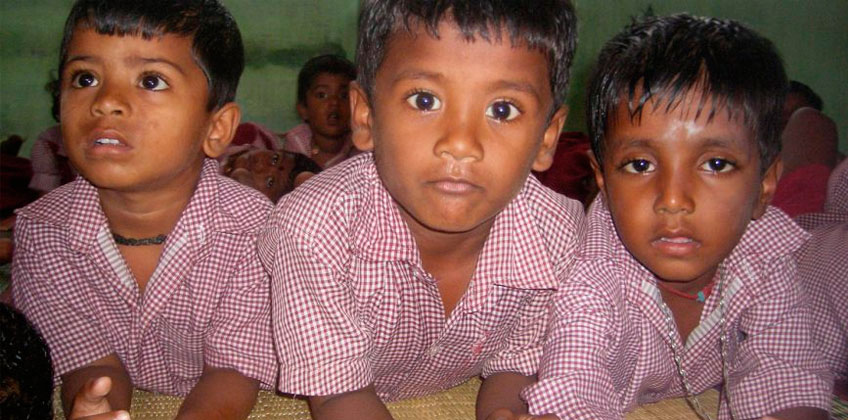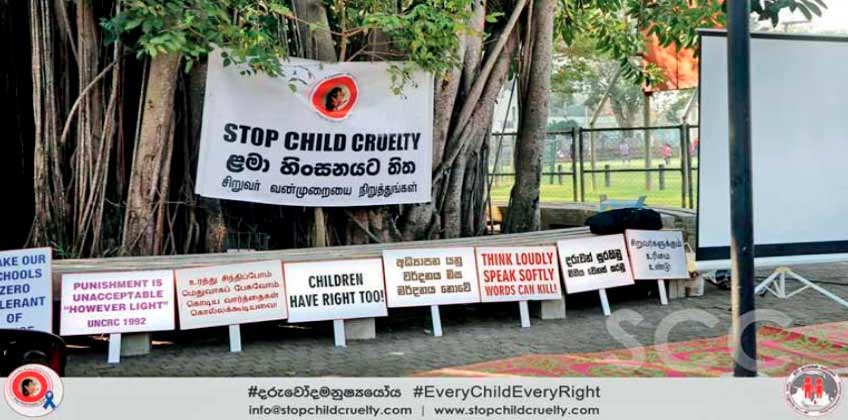
On 1st January 2024, The President of Sri Lanka and the Cabinet Minister of Women and Child Affairs and Social Empowerment have implemented the Children and Young Persons (Amendment) Act, No 39 of 2022, published in Extraordinary Gazette notification No 2366/09 of 8th January 2024. However, not a soul responsible for child protection in the crisis riddled paradise was aware of it; not even the National Child Protection Authority (NCPA) – the most powerful institution responsible for child welfare, and not even the Sri Lanka Police – whose annual grave crime report confirms that child abuse is one of the top five grave crimes in 2023. Even the Department of Probation and Child Care Services that objected to the implementation of the Act when it was tabled in Parliament in November 2022 was not aware, and neither the judiciary that was informed by the Additional Secretary (Legal) to the Ministry of Justice in April 2023 upholding the objections of the Department of Probation and Child Care Services.
WHAT is the conspiracy to secrecy on protecting and promoting the rights of children?
State Party Obligations:
Sri Lanka, once known as the ‘Pearl of the Indian Ocean’ was honoured as the only South Asian path finding country committed to ending violence against children – Sustainable Development Goal SDG 16.2 in 2017. After much pomp and glory in launching the National Plan to End Violence Against Children (NPEVAC) at Water’s Edge Hotel, it became an instant flop in 2018 with the key government stakeholders refusing to participate further. NPEVAC was spearheaded by the Ministry of Women and Children’s Affairs with UNICEF and Save the Children being key partners.
Having ratified the UN Convention of the Rights of the Child (UNCRC) in 1991, Sri Lanka has repeatedly agreed to end violence against children, including corporal punishment and implement juvenile justice reforms of the outdated laws and policies contrary to global principle ‘in the best interest of the child’. The next assessment of the UNCRC is coming up in 2024/2025.
WHY is Sri Lanka playing hide and seek?
Children and Young Persons Ordinance (Amendment) Act – “CYPO” The Children and Young Persons Ordinance (Amendment) Act - “CYPO” is the legislation governing justice for children since 1939 that magistrates refer to when dealing with children who come into contact with the law as victims and as the accused of crimes. The long awaited amendment to CYPO that came into force with effect from 1 January 2024 marks a significant step towards protecting the rights and welfare of all children in Sri Lanka.
The CYPO previously only covered those up to the age of 16. The amendment now extends its protection to all children under the age of 18, consistent with the universal definition of a child. Furthermore, the amendment also repeals the Section 71(6), which permitted the use of corporal punishment on children and adolescents by parents, teachers or guardians. These amendments not only contribute to the alignment of Sri Lanka’s laws that address children’s rights with international standards – particularly the United Nations Convention on the Rights of the Child (UNCRC) – but also address the evolving needs and challenges faced by children and adolescents in the country.
Having ratified the UN Convention of the Rights of the Child (UNCRC) in 1991, Sri Lanka has repeatedly agreed to end violence against children, including corporal punishment and implement juvenile justice reforms of the outdated laws and policies contrary to global principle ‘in the best interest of the child’. The next assessment of the UNCRC is coming up in 2024/2025. WHY is Sri Lanka playing hide and seek?
WHY would the Department of Probation and Child Care Servicesobject?
The Children and Young Persons’ Ordinance (Original) Act – Original “CYPO” Because CYPO identified the age of a child as 16 years, children between the ages of 16-18 years who committed offenses are placed in adult prisons, lacking appropriate rehabilitation and care. These special units are infamously known as “kolu waattu” where young boys are compelled to offer sexual favours to adult prisoners, and are used as drug peddlers. Children transport drugs to adult prisoners (hidden in their orifices) that they receive from external sources who pretend to be their relatives. These special units function with the full knowledge of the authorities and are a living hell. The care and protection of these children are the responsibility of the Prison Service, under the Ministry of Justice.
The care and protection of children under the age of 16 is the responsibility of the Probation and Child Care Service under the Ministry of Women and Child Affairs. When the Amendments to the Act were tabled in Parliament on 17 November 2022 by Minister of Justice, Wijayadasa Rajapakse, it was done so without the date of implementation, amidst objections of the Department of Probation and Child Care Services which insisted they could not take responsibility of children between 16-18 years.
Upon further investigations, Stop Child Cruelty Trust (SCCT) and Sri Lanka’s first Child Protection Alliance (CPA) found out there were about 30 children between 16-18 years housed in various adult prisons and about 20-25 of them could be released; these children were languishing in prison because of the lack of legal guardianship, lack of money to pay fines or lack of legal representation. SCCT and CPA in their letter to the President in June 2023, whilst highlighting the inefficiency in passing the Amendment Act, urged the President to ensure that the necessary training and resources are provided to house these children separately under the care and protection of the Department of Probation and Child Care Services.
SCCT and CPA welcome the amendments, which signify a paradigm shift in the treatment of children in conflict of the law. The amendments provide the opportunity for children to receive appropriate rehabilitation and care under the supervision of the Provincial Department of Probation and Child Care, emphasizing a rehabilitative rather than a punitive approach, promoting the global principles of restorative justice – a modern holistic method to end violence against children.
WILL the authorities comply?
Implementing the Law is Key Sri Lanka does not recognize the child as a rights holder. As a result, the protection of 25% of its population, nearly 5.2 million children under the age of 18 is a national crisis. The needs of the most vulnerable community are firmly ignored by the lethargy of both the law makers and implementers. UNICEF in its Press Release of 7 February 2024 reiterates, “The UNCRC notes that detention of a child should only be a last resort, and for the shortest period, as evidence shows that institutionalization can hinder a child’s development and reintegration, perpetuating a cycle of violence and poverty.” For juvenile offenders, UNICEF calls upon stakeholders in the justice, probation and child care sectors to prioritize the application of non-custodial measures such as family-based rehabilitation, as they are more effective and protective of children.
The amendment to the CYPO represents a key step towards building a justice system that prioritizes the best interest of the child. The implementation of long awaited amendments to CYPO is a huge victory that should have been broadcast on every news channel, as a New Year message of hope; a dawn of a new era free of violence against children. The National Child Protection Authority and Department of Probation and Child Care Services should have embraced the amendments with a firm commitment to protect and promote the rights of all children; breaking the institutionalized lethargy. The Members of Parliament and representatives of all citizens should have applauded the amendments; ensuring that child protection is embedded in the heart of the national security agenda. The failure of every authority to recognize the CYPO (Amendment) Act that came into effect on 1 January 2024, strongly suggests the lack of responsibility and accountability to implement yet another progressive law. WILL Sri Lanka ever become a developed country?



